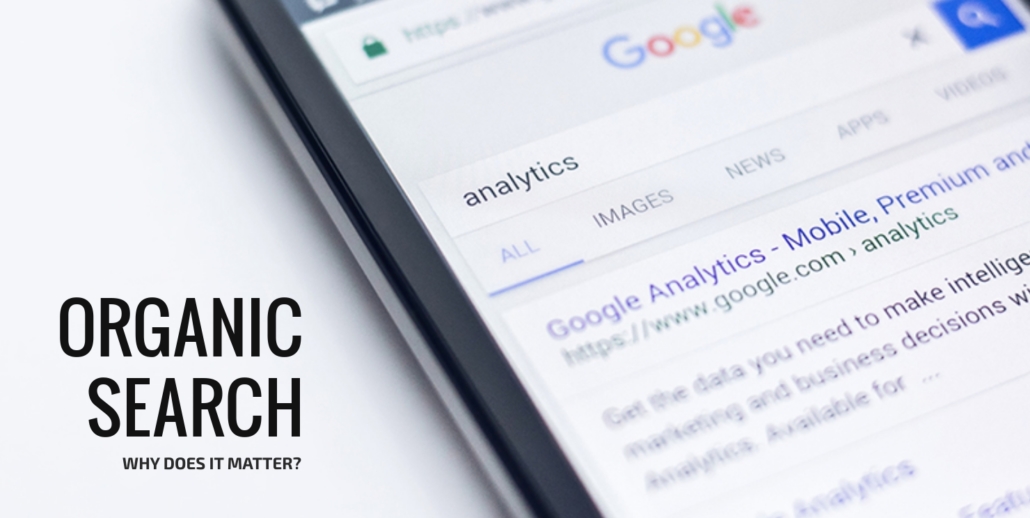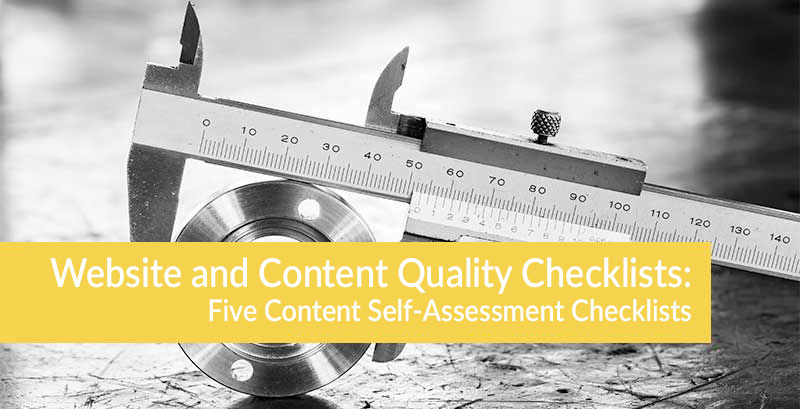Searcher intent is the problem, question, or query that a person wants solved. This drives the terms they enter in a search engine.
It’s critical that your SEO, keyword, and content strategy is built around searcher intent. You want people to come to your website – so this means you need you need to know what your readers are looking for and then give it to them.
Searcher intent is so central to SEO success that Ignite Visibility recently surveyed 500 respondents aged 25-60 to find answers to this key question: What do searchers look for in the search results, and how accurately do those results reflect search intent?
The results from this survey really caught the attention of the entire Know Agency team. In fact, for us they reiterated what we’ve been telling you and our clients for a long time now.
The team thought it would be useful to highlight some of the key findings from the Ignite Visibility survey and give you advice on how you can turn these survey results into SEO, keyword, and content actions.
Searchers Prefer Written Content in the Search Results
When performing a search online, 55.1% preferred written content, followed by 29.1% who preferred images, 13.8% who preferred videos, and just 2% who preferred audio content.
You readers want to see in black and white the answers to their questions and how your company can help them solve their problems.
This doesn’t mean you should abandon video or images, but it does tell us that written content is still the top priority. Written content includes your meta descriptions, titles, headings, social media posts, website pages, blogs, articles, and whitepapers.
To give searchers written content that meets their intent, give readers:
- Simple, clear, high-quality, and succinct content that gives users the information they want and need. Know why you’re writing what you’re writing, who you’re writing it for, and keep it simple. This makes it easy for users and search engines to trust your website. (How Google Bert Impacts Your Search Engine Results)
- Use your keywords naturally. Write content that uses your keywords naturally. Focus on one keyword or keyword phrase in one article or blog post. Use the keywords in your titles, subject lines, URLs, meta description, links, and social media posts. Remember that Google is very smart and doesn’t tolerate aggressive use of keywords in content and penalizes keyword stuffed content. If it doesn’t fit – don’t force it. (Stop Overcomplicating SEO and Keywords: Find Your 20 Keywords for 2020 in 5 Easy Steps. Start Optimizing Today.)
According to Searchers, Quick, Thorough Responses Are the Most Important Factors in a Search Result
When given an example of “How to fix the kitchen sink,” respondents were asked how important specific elements were in the search results. Here are the results:
- It answers my question quickly: 48.9% rated it very important
- It is a very thorough response: 40.3% rated it very important
(See the Ignite Visibility article for the full results.)
This all comes down to searcher intent. When you know what your readers are asking and looking for – you can give it to them. The key is to make sure this content delivers the answer immediately.
Remember on average, people spend 15 seconds on your web page before moving on. To keep people reading, do this:
- Break up your content with whitespace.
- Use bullets and numbered lists to share important details.
- Use bold text to keep the reader’s attention on your key points.
- Use headings and inline titles to make the content more scannable.
- Write content that gets to the point very quickly.
(6 Ways to Refresh Your Content for Better SEO)
The Intent of a Search Plays a Huge Part in the Results Users Expect to See
When asked what their intent for a search like “pasta” would be, 52.9% said it would be to find recipes, 14.8% to read various articles about pasta, 14% to learn what pasta is, 7.6% to find a pasta restaurant, 5.8% to look at pictures of pasta, and 5% to watch a video about pasta.
These survey results underscore why Google has changed how it does search, focusing on Natural Language Processing (NLP) with its Google BERT algorithm update.
On October 25, 2019, Google said about search:
“At its core, Search is about understanding language. It’s our job to figure out what you’re searching for and surface helpful information from the web, no matter how you spell or combine the words in your query. While we’ve continued to improve our language understanding capabilities over the years, we sometimes still don’t quite get it right, particularly with complex or conversational queries.”
To optimize for search intent and Google BERT, do the following:
- Put a priority on narrowing your target keywords and queries. Think about how you would search for the article or blog post you’re writing – and then use the keywords and language that clearly answers this search query. Take advantage of Google Autocomplete, People Also Ask, and the Related Searches listed at the bottom of the SERPs page to learn how people are searching for your topic.
- Use topic clusters allow you to establish authority and visibility for topics central to your product, services, and company brand. Rather than targeting multiple keywords which results in a collection of disconnected content – focus on creating quality blogs, whitepapers, eBooks, etc. using long-tail keywords associated to the topics core to your niche.
Make sure your content is easy to understand and answers the questions people are asking. Read How Google BERT Impacts your Search Engine Results to learn more about this algorithm update and your search engine results.
Searcher Intent and Your Website
The Ignite Visibility survey is a must read for anyone who wants to help their readers by giving them what they want. I have included only a few of the key findings from this survey in this blog.
When you understand your readers’ search intent, it’s much easier to write content and share content that gets clicked, read, and shared.
Contact me or Kevin to talk about searcher intent and what this means for your SEO, keyword, and content strategy.
About the author
Jane Phelps is the CEO/Partner at Know Agency. Jane leads client SEO strategy and handles all aspects of in-house SEO demands. This includes providing SEO training, competitive analysis, keyword research, algorithm analysis, and the review of all new content to ensure SEO best-practices are followed. Jane holds a Master’s Certificate in Online Marketing from the University of San Francisco, is BrightEdge Certified and is the head of the BrightEdge User Group in Atlanta, GA.



